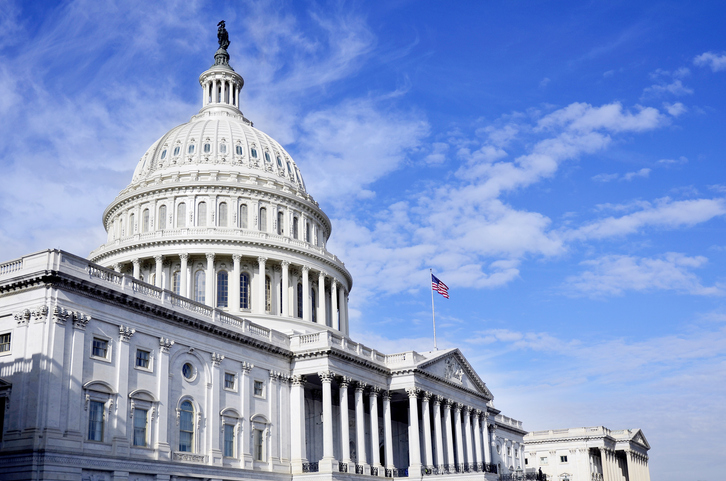Scammers who impersonate businesses and government entities are the target of a newly passed rule from the Federal Trade Commission (FTC). The Government and Business Impersonation Rule provides the FTC with much stronger tools to go after scammers who target the business events industry and commit impersonation fraud.
Ahead of each AEM exhibition, show exhibitors are targeted by scammers who claim they possess the attendee list for that event. In an effort to protect its exhibitors, AEM’s legal counsel sends out cease and desist letters regularly. However, the scams persist ahead of each show. It’s why last year, AEM’s Nicole Hallada, Dana Wuesthoff, and Chris Hansell joined fellow exhibitions and events leaders in Washington, DC to advocate for measures against scammers who target the events industry as part of Exhibitions & Conferences Alliance (ECA) 2023 Legislative Action Day.
“AEM members and show exhibitors are frequently victims of fraud, and we applaud the FTC for passing a rule that protects businesses and consumers and helps ensure it’s easy as possible for buyers and sellers to come together at exhibitions and events and safely take care of business,” said Hallada, AEM’s senior vice president of exhibitions and marketing.
What It Means
The final Government and Business Impersonation Rule was recently published in the Federal Register, and it will go into effect April 1, 2024.
Once in effect, the FTC should have the mechanisms in place where show organizers, exhibitors, and others can report these scams directly to them. Additionally, the rule gives the FTC the authority to directly file court cases aimed at forcing scammers to return money from impersonation scams, including hotel reservation scams and attendee list sale scams, that:
- Use business logos when communicating with consumers by mail or online
- Spoof business emails and web addresses, including lookalike email addresses, or websites that rely on misspellings of a company’s name
- Falsely imply business affiliation by using terms that are known to be affiliated with a business
How It Happened
The Federal Trade Commission has received approximately 2.5 million business impersonation fraud reports since 2017. In response, AEM and fellow events industry leaders advocated for passage of a rule targeting scammers for more than two years by:
- Submitting multiple comment letters
- Testifying at an informal FTC hearing
- Supporting a coalition effort that resulted in a letter signed by 235 groups
- Highlighting the issue for members of Congress
For more information on the newly passed Government and Business Impersonation Rule, contact AEM’s Nicole Hallada at nhallada@aem.org.
For more AEM news and updates, subscribe to the AEM Industry Advisor.





